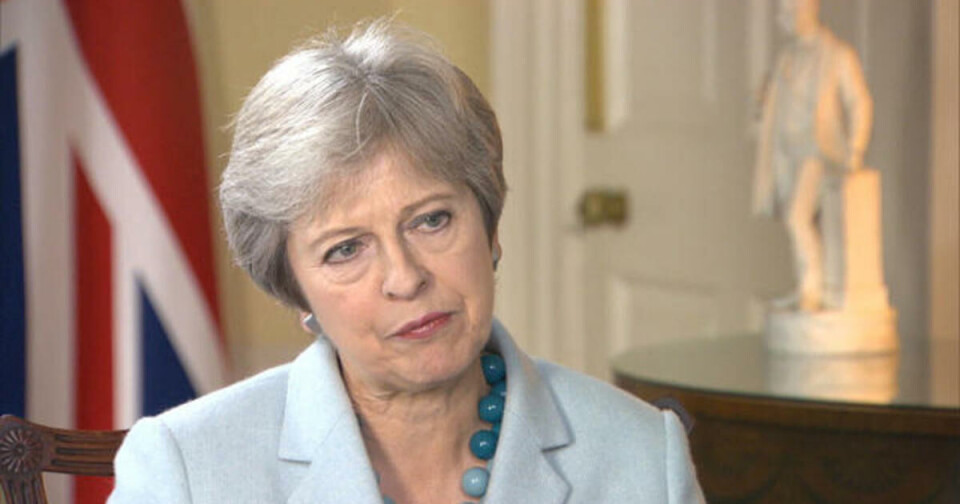
SSPO calls for quicker progress towards Brexit deal
The Scottish Salmon Producers’ Organisation (SSPO) has added its voice to food industry calls for the UK government to quickly secure a withdrawal agreement with the European Union.
Its call for quicker progress in negotiations follows the government’s release of Technical Notices yesterday which spell out what the position might look like in the case a “no-deal” Brexit.
“A negotiated outcome would be preferable to ‘no deal’ though this industry will strive to be successful no matter what the future trading environment is,” said an SSPO spokesperson.
“We would like to see quicker progress towards a signed withdrawal agreement, providing a transition period that allows industry and border authorities to plan for new exporting processes. Frictionless movement at the border is a top priority for us.
“The EU is an important market for us, though Scottish salmon is prized around the world for its quality. We are optimistic that demand from global markets will remain high whatever post-Brexit rules apply.”

Chaos at the ports
The Technical Notices prompted fierce criticism of the government’s stance from the Food and Drink Federation (FDF), which warned of chaos at the ports, serious disruption to food supplies, increasing business costs, rising consumer prices and ever more administrative burdens on the food and drink industry if the UK left the EU without an agreement with the remaining 27 states.
“The Technical Notices show that a ‘no-deal’ Brexit will have a severe impact on UK food and drink supplies and trade from March 2019,” said FDF chief executive Ian Wright.
“Upon leaving the EU, UK exports would face the EU’s prohibitively high WTO Most Favoured Nation tariffs, which would make many products uncompetitive and threaten the success of more than £13bn of our industry’s annual exports. If the UK were to waive checks on food and ingredient imports into the UK, as suggested, we would face legal challenges via the WTO while considerably undermining our reputation with the WTO’s 163 other members.”
‘Rude awakening’
He continued: “Consignments heading to the continent will require physical and documentation inspections as they enter the EU and within hours this will result in turmoil at Calais, which does not have a border inspection post. A transport backlog will mean our essential imports from the EU will be similarly disrupted, with ferries, lorries and trains unavailable to transport food to this side of the channel. While the UK may not run out of food and drink it will certainly be scarcer and more expensive. UK shoppers, who have become accustomed to year-round availability of a wide range of safe, high-quality food and drink at all price points, will face a very rude awakening.”
“The consequences of a ‘no-deal’ Brexit for UK food and drink are starting to be felt already,” concluded Wright. “The impacts will snowball as we get closer to March 2019. Instead of lecturing the EU, the Government must secure a withdrawal agreement imminently or begin the arrangements to extend the Article 50 deadline so that they can do so in an orderly fashion.”























































